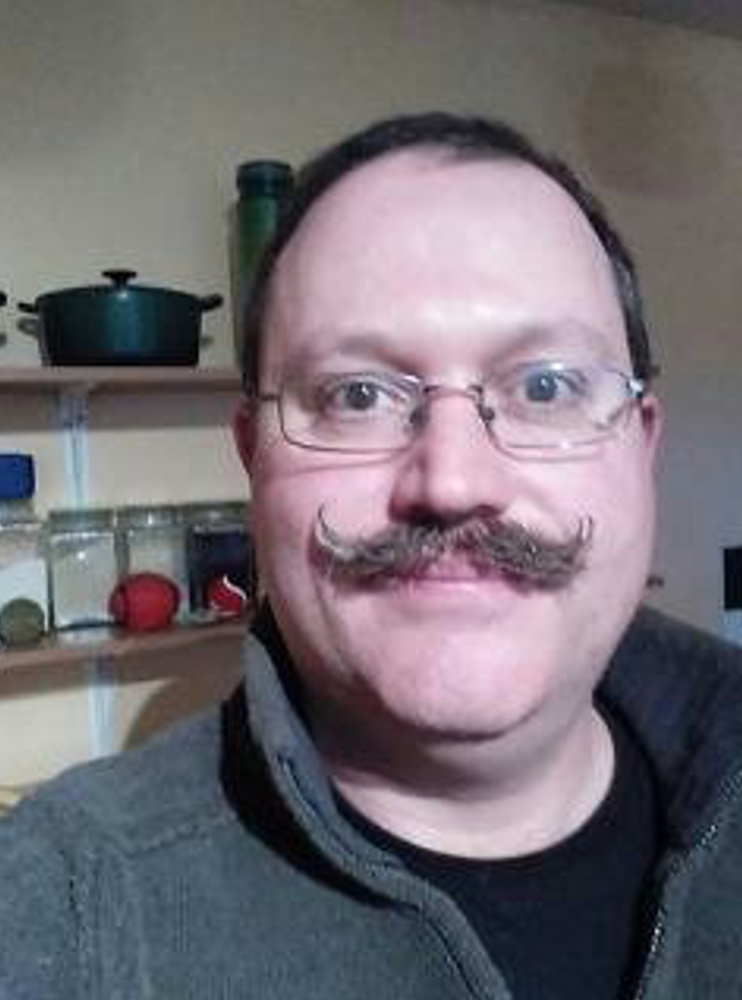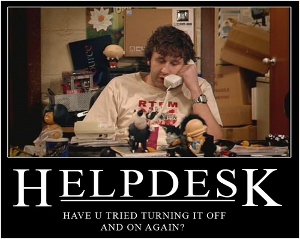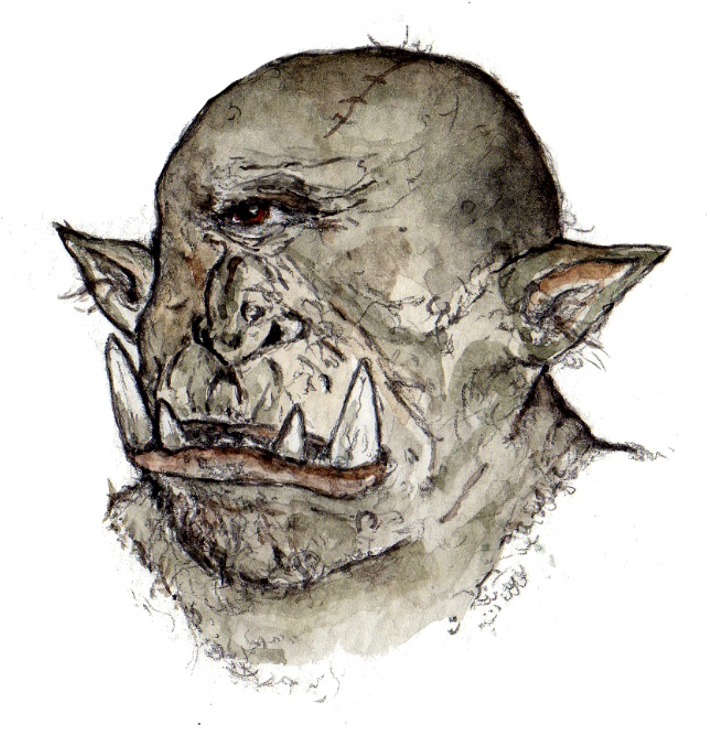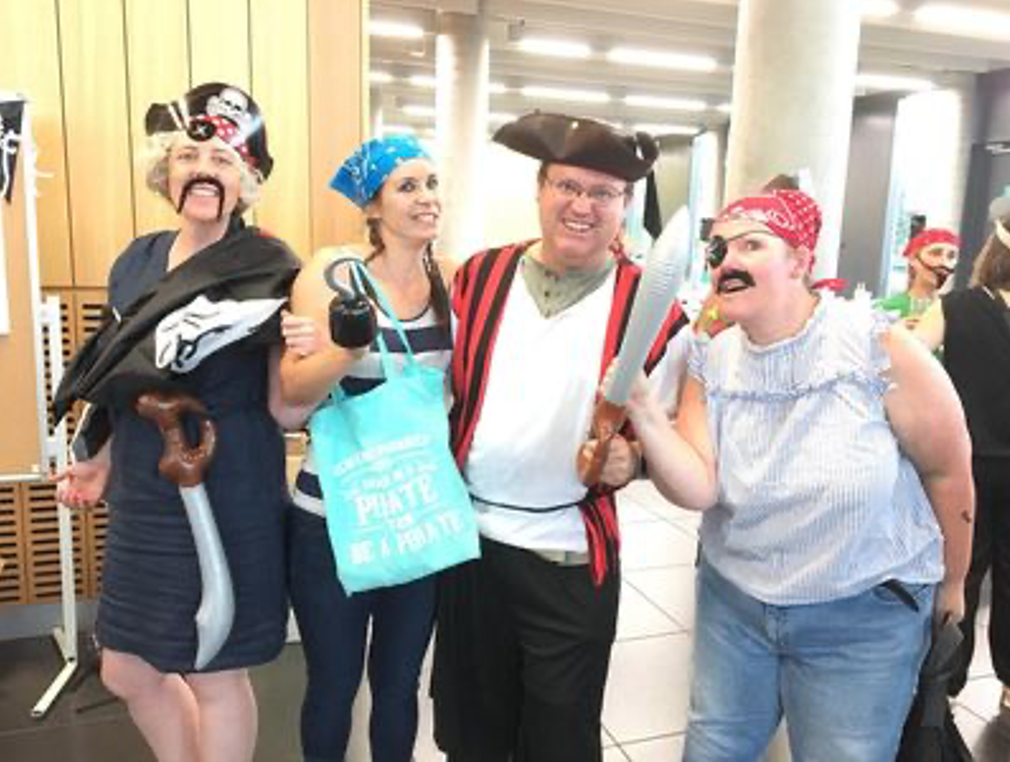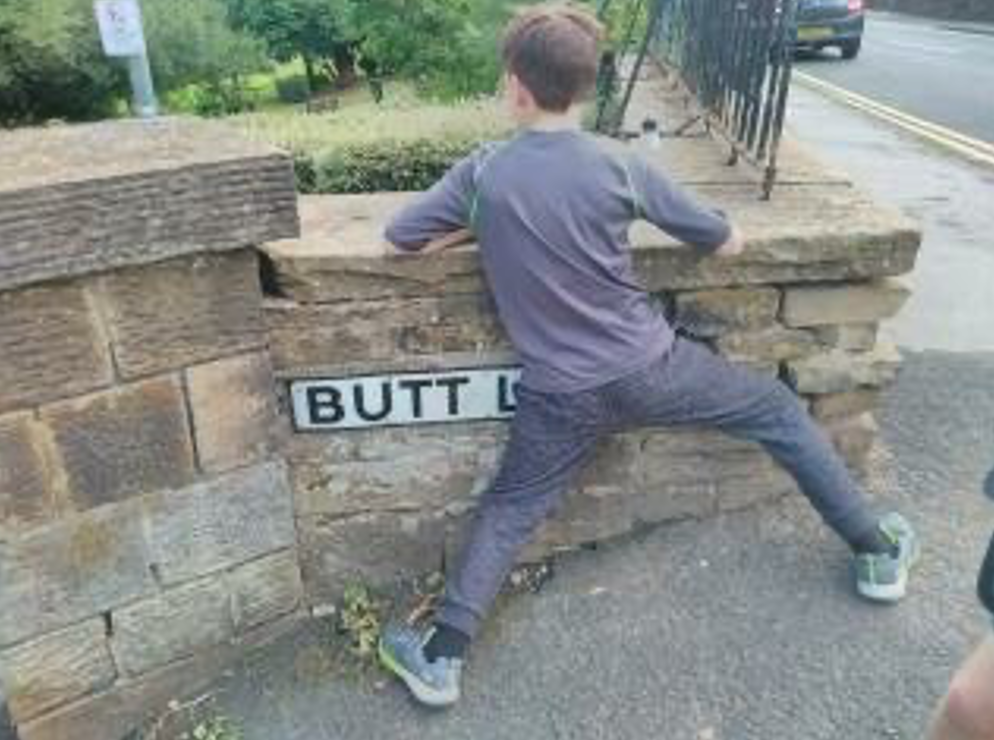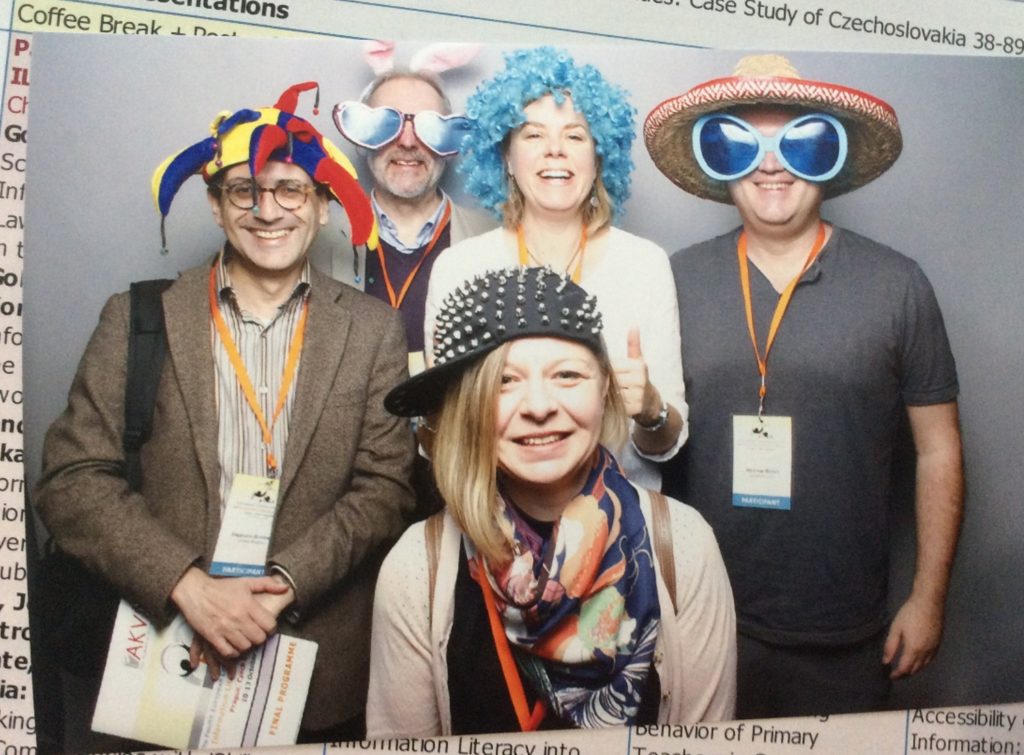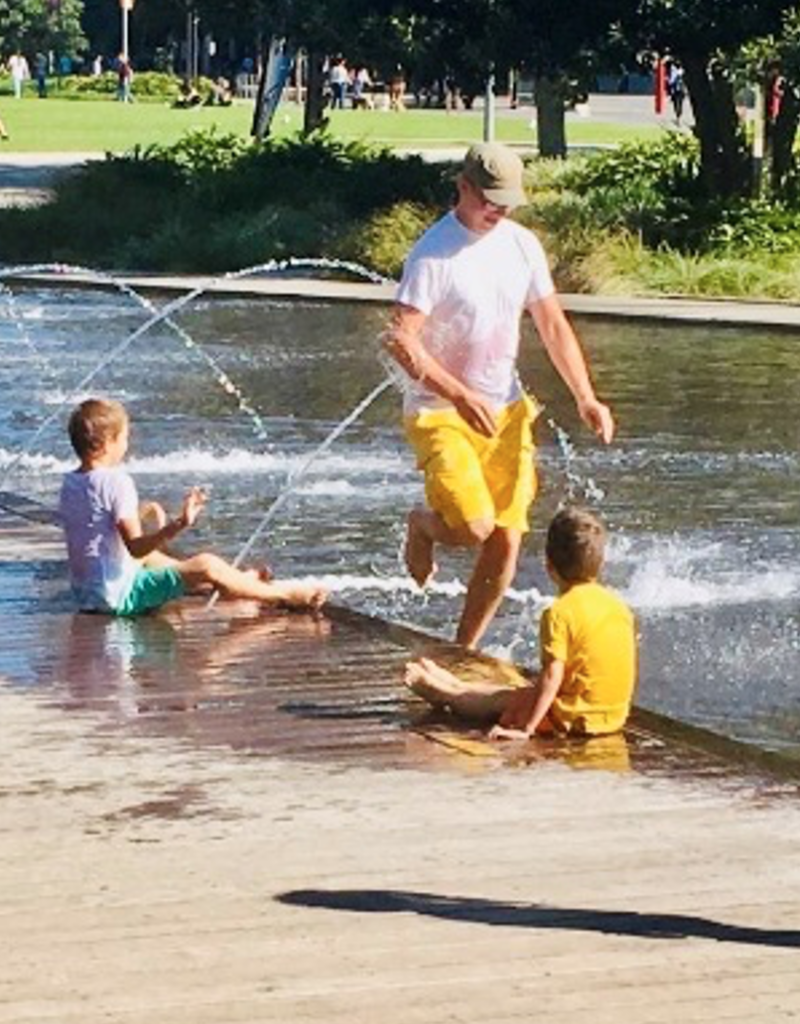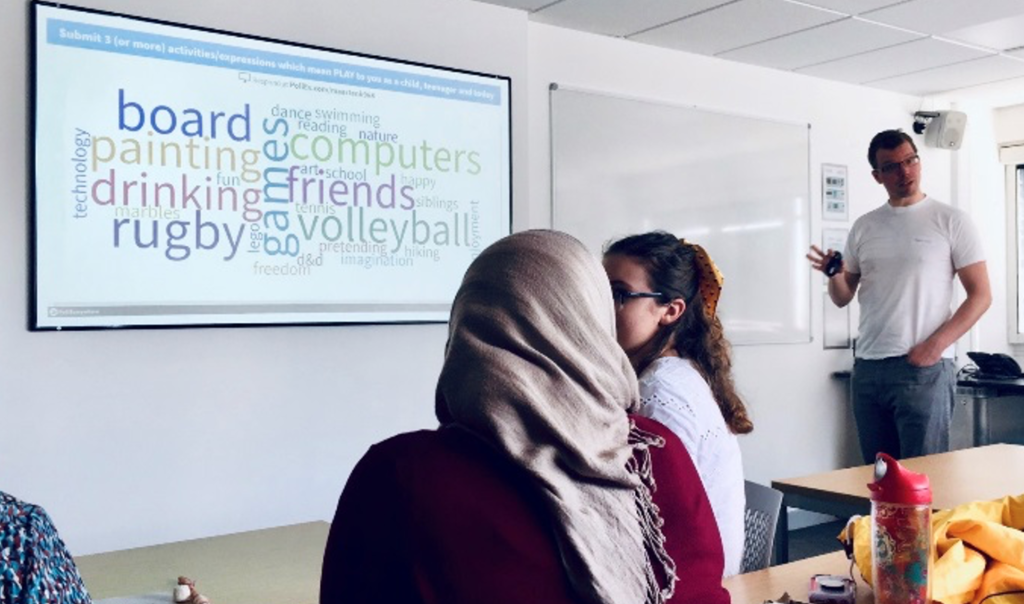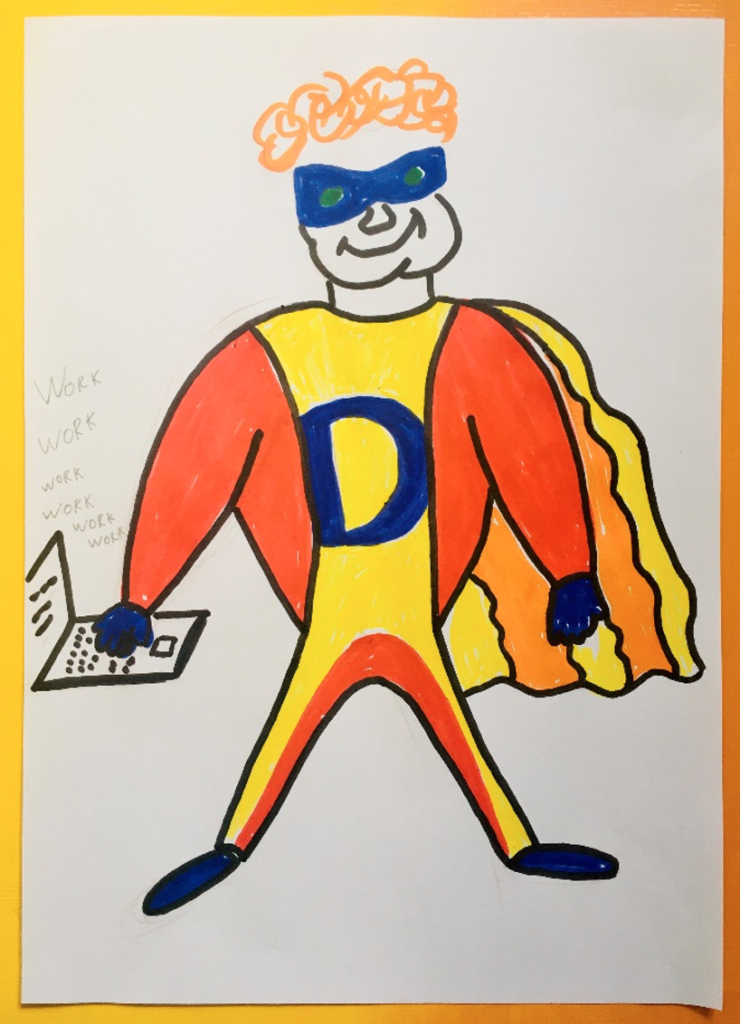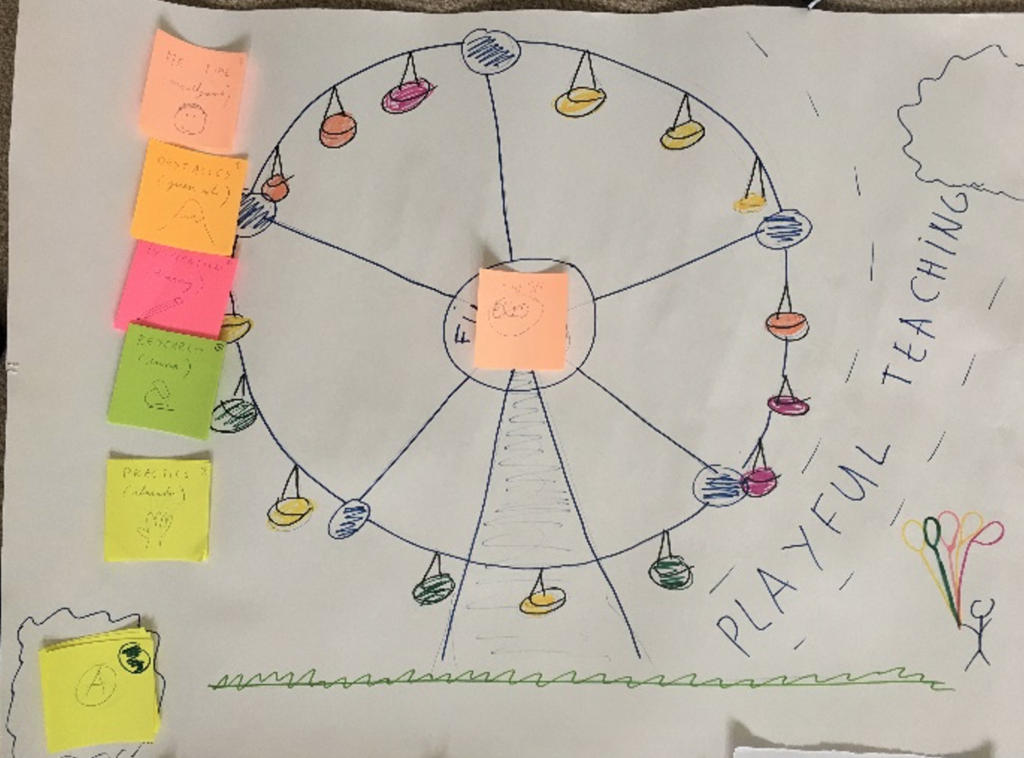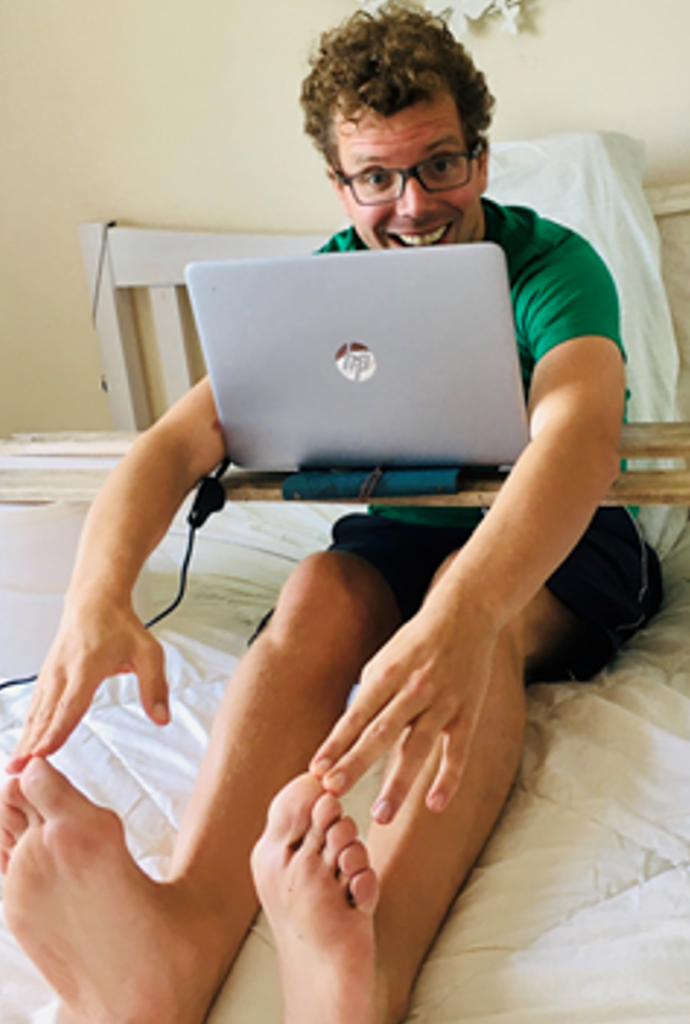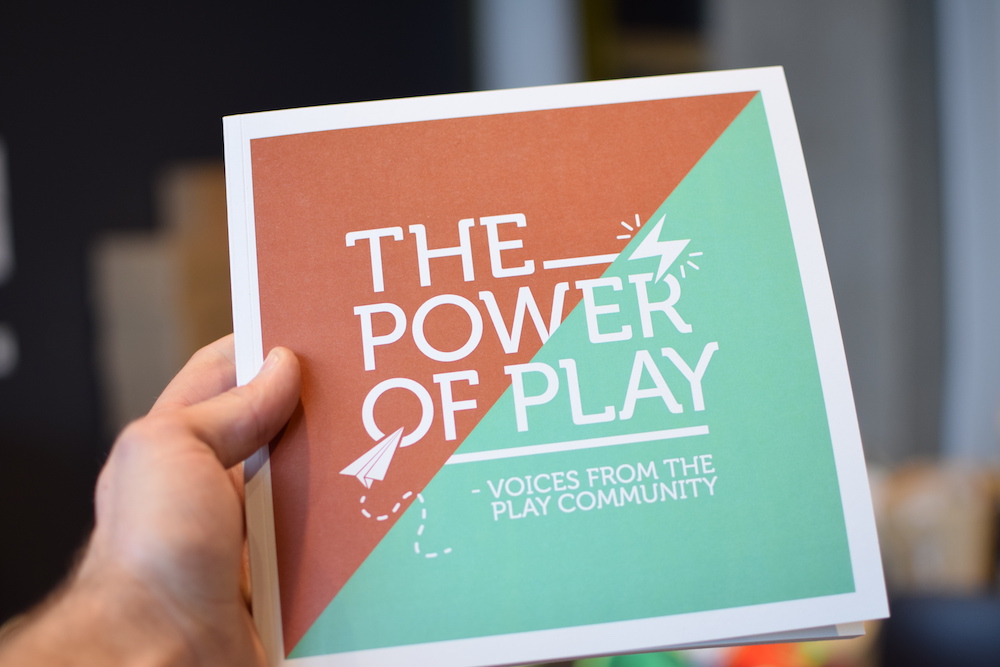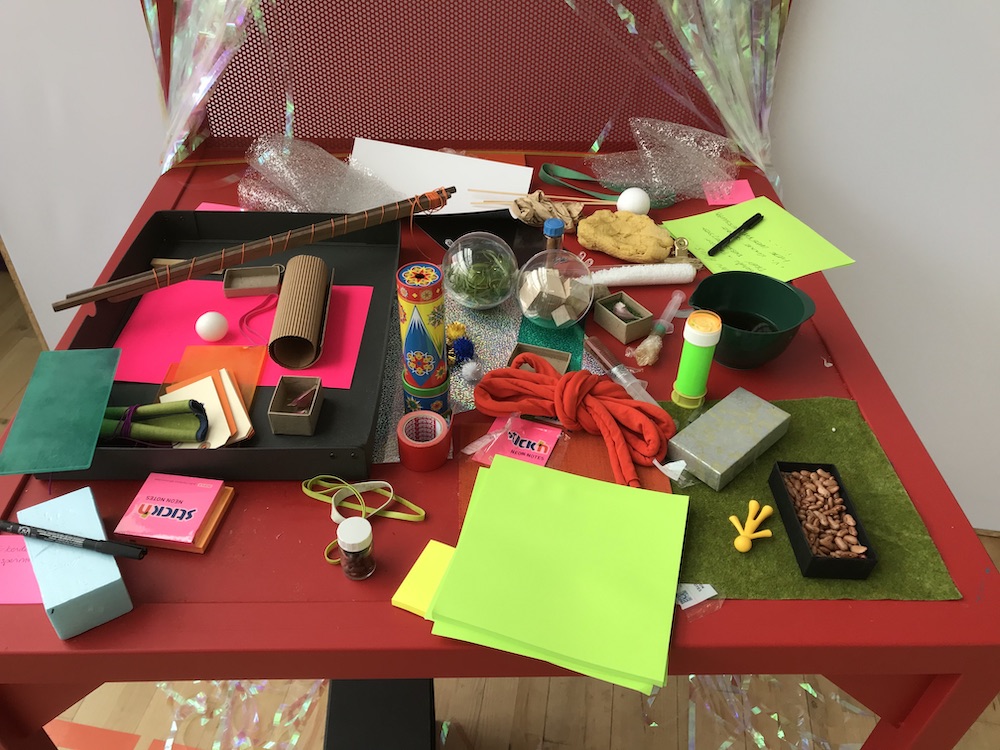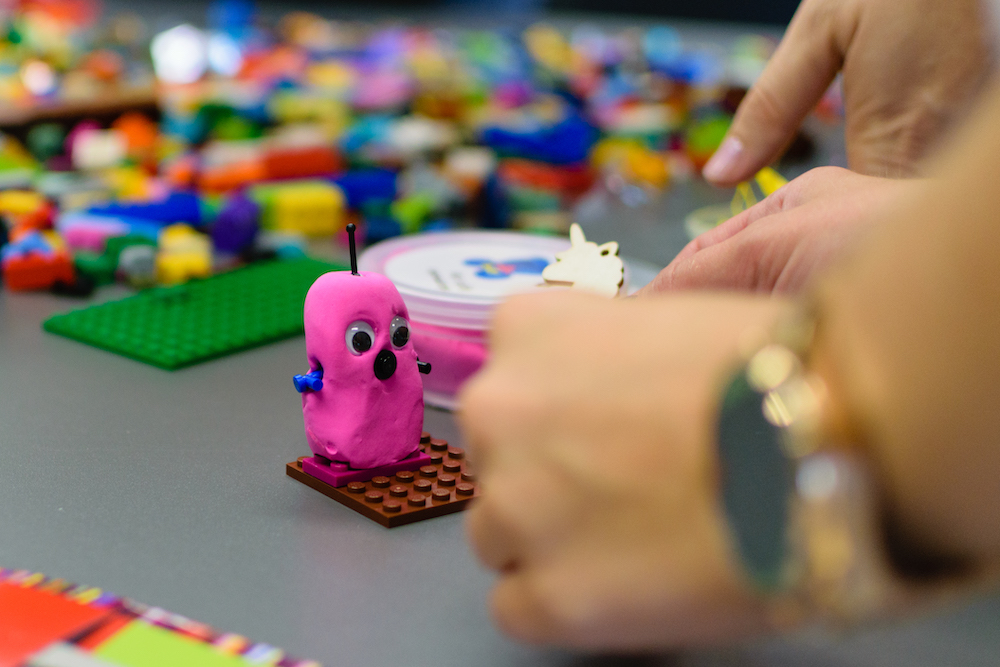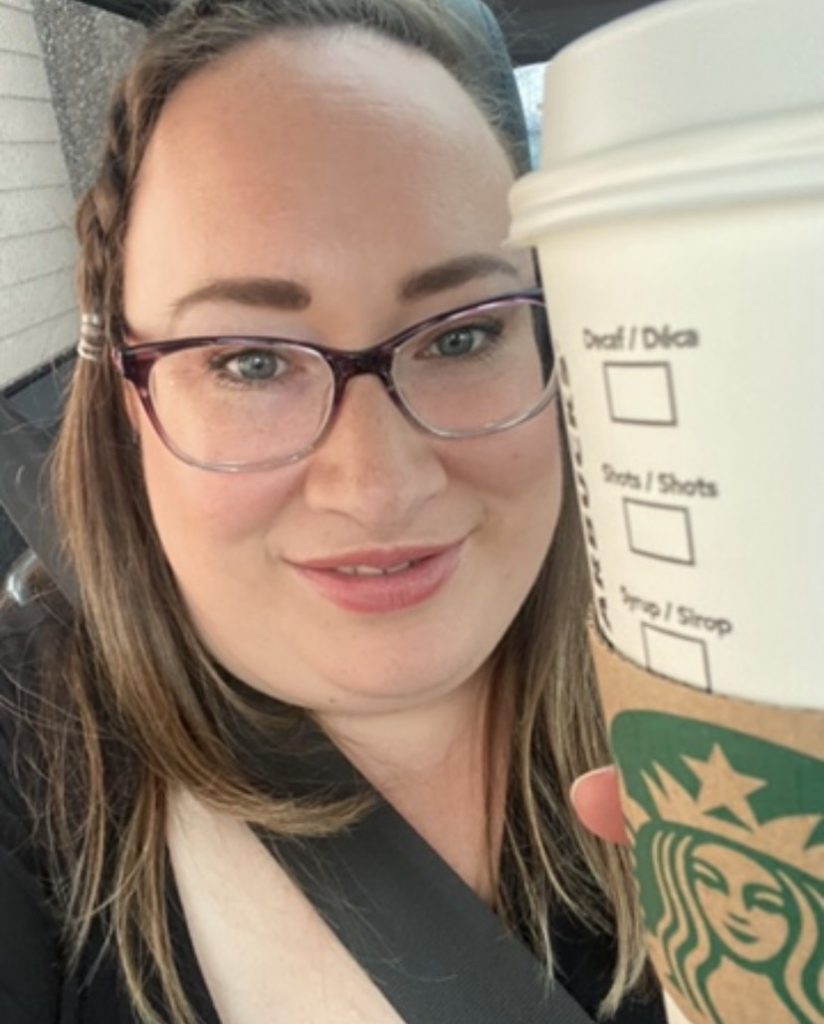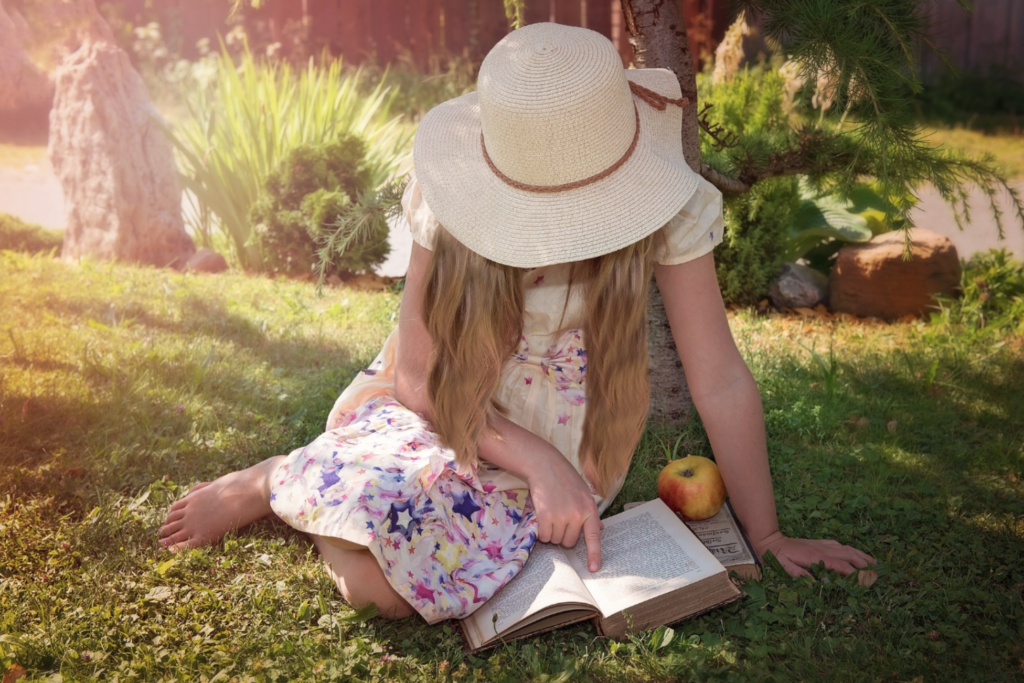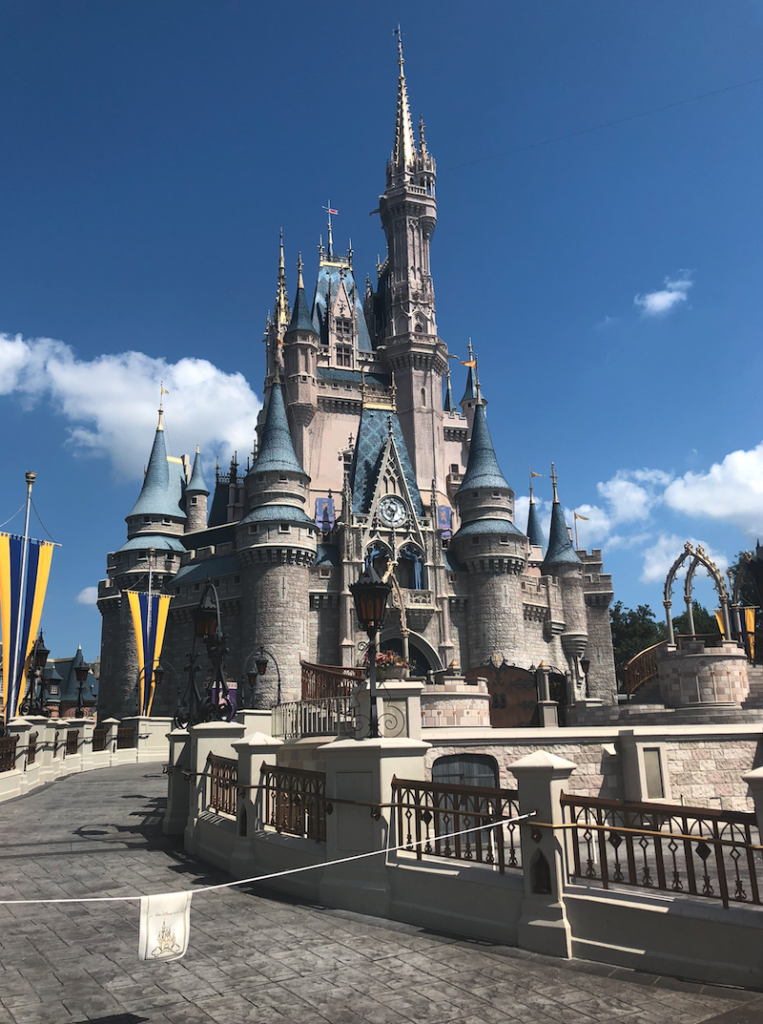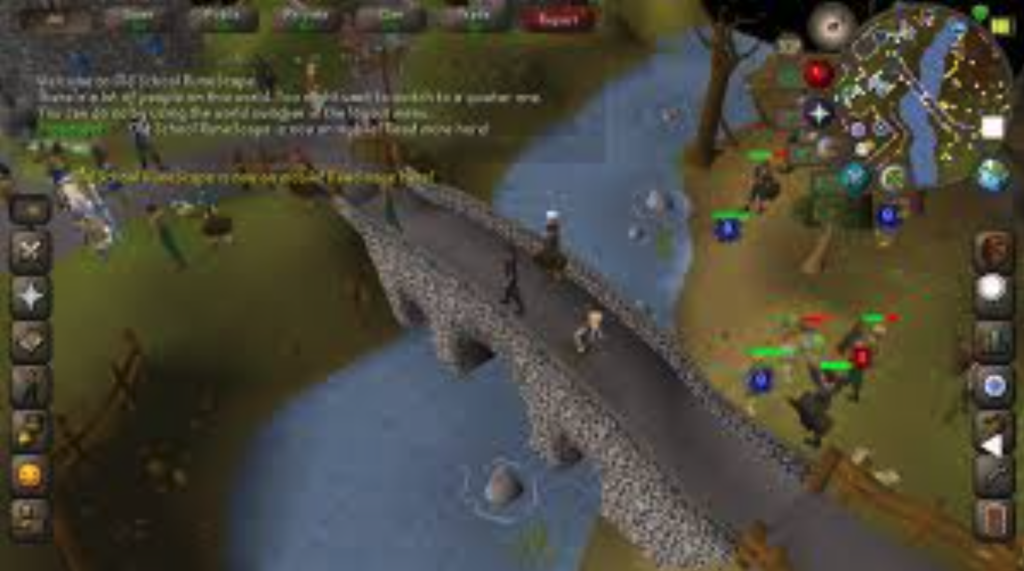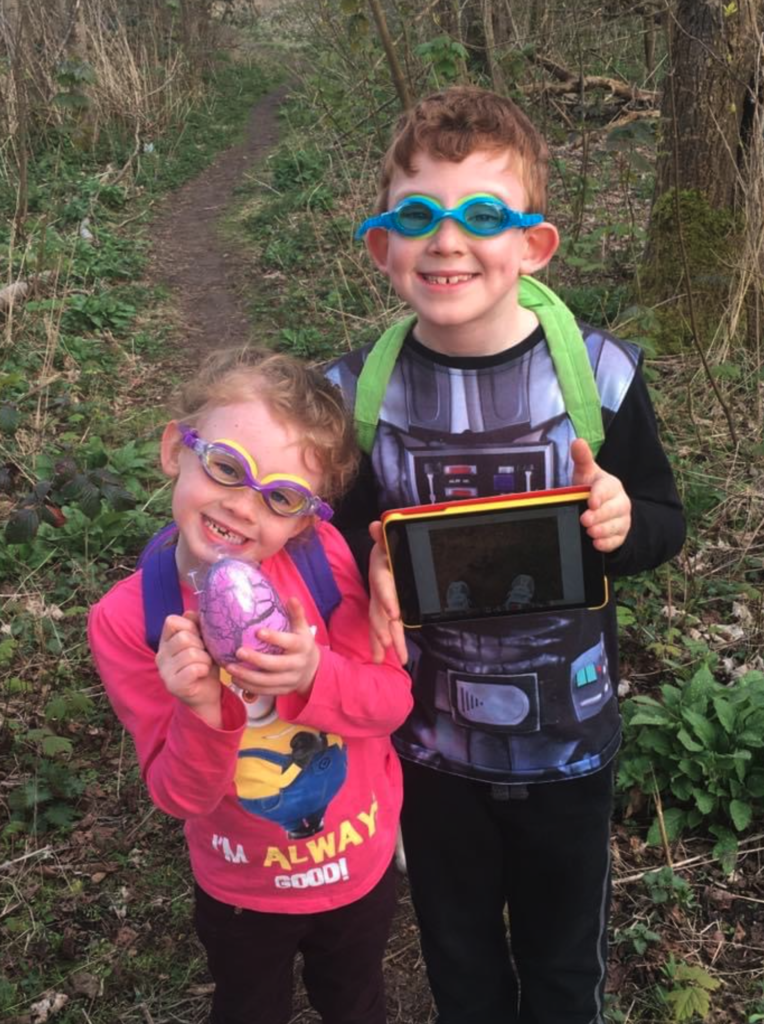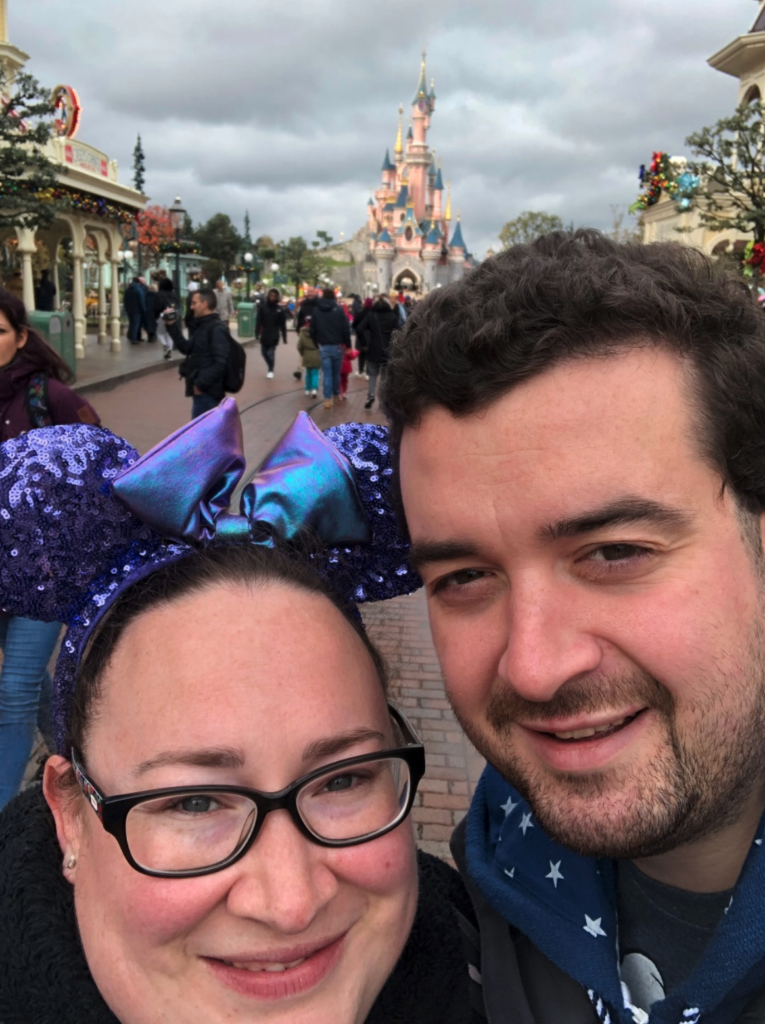On Friday November 27th we held our second online event, focussed on the successes and failures of moving your activities online (see agenda and event details).
Trial and Tribulations: The day started with Alex Moseley giving members an opportunity to share the successes and failures they have had in moving their playful courses/teaching into an online delivery format, with lots of case studies from Daisy Abbott.
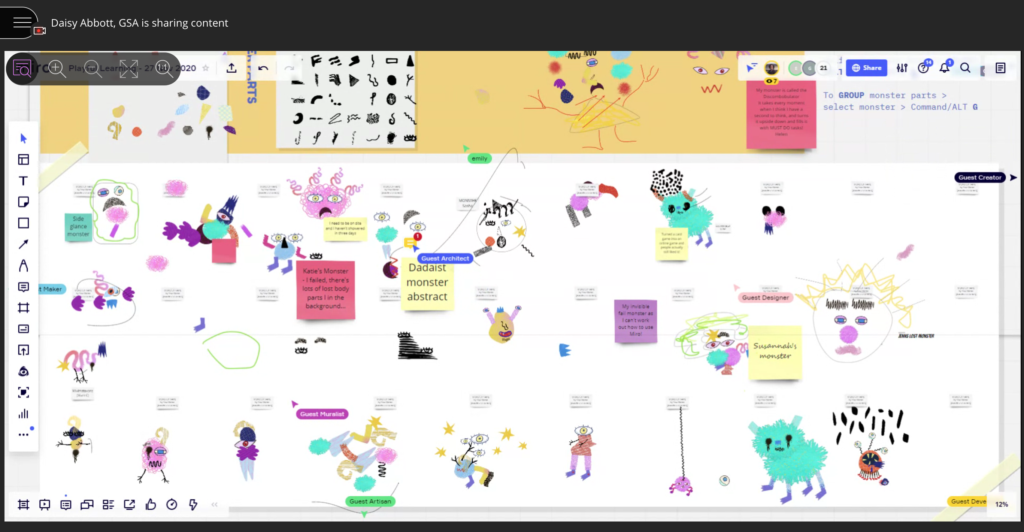
Links and comments from this session:
- Miro – used by Daisy to lead us through her examples
- Escape Team – for making escape games. One of Daisy’s Maths week activities using the Escape Team app: escape-team.com/play/MI-BCC3-39A8
- Link to Playingcards.io – online game platform: Example research game from Diasy playingcards.io/qhvqmv
- Book: Playful Learning: Events and Activities to Engage Adults
- Here’s a great “Spin the Wheel” you can customise and use for free: wheeldecide.com
- Book: Unlocking the Potential of Puzzle-based Learning
- Flippity – making online flash cards
- “Keeping sane is essential – Some sucesses = I attended meetings dressed as different characters during first lockdown. I was told that it helped teammates too as it brought a smile to their faces. 😎”
- “Another success for me was when I had to teach staff how to use Quizzes I chose a non-academic subject that I was passionate about as the example topic. So my Professors had a quiz session revolving around Comicbook Superheros and their movie adaptations. And everything I taught was littered with Lego characters to illustrate points. Just to introduce playfulness at a very stressful time for our academic staff.”
- “I have been using some of the tasks from task master – guessing what costume I had – making anatomical items out of random objects….some good ideas!”
- “We are running our online sepsis escape room (built using thinglink and flippity) for the first time with medical and nursing students”
- “We’ve also discovered Zoom filters, and spent most of our team meeting yesterday giving ourselves beards, or turning into reindeer.”
Game 1: Catastrophic: Pen Holland introduces her card game, and explained how she had converted from physical cards to online: catastrophic.york.ac.uk

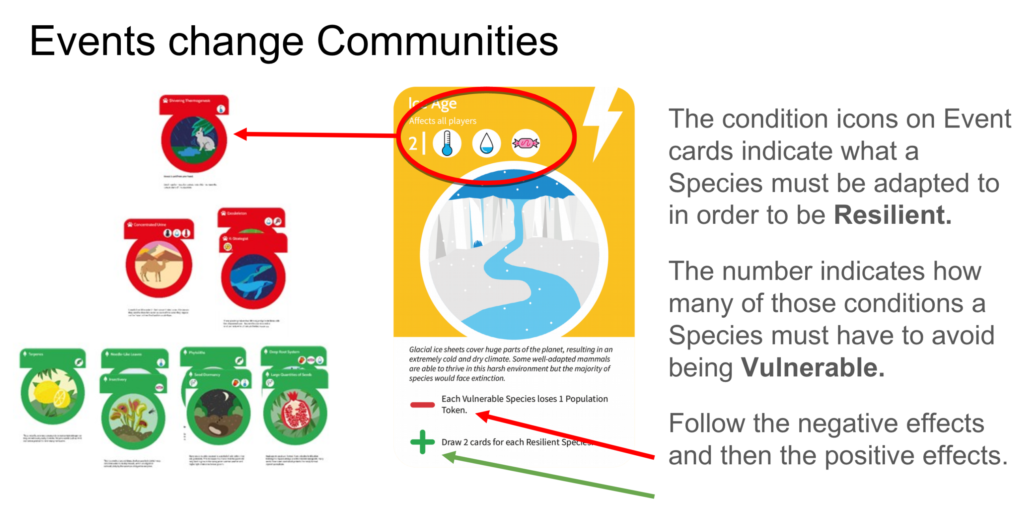
Links and comments from this session:
- HTML learning tool – html-online.com/editor
- Tabletopia – online boardgame design/play platform
- Catastrophic tabletopia.com/playground/catastrophic-dj7px6/play-now – multiplayer mode
- Catastrophic. tabletopia.com/playground/catastrophic-efjwiu/play-now – solo mode
- Educational games to buy: genius-games.eu
- “The game that really inspired me in terms of constructing a thing and then having events destroy it was Galaxy Truckers. My all-time favourite tabletop game”
- “That’s quite an interesting idea – having a standard game platform that you help students to pick up first, then have different games/activities running on it over several courses”
Game 2 and A Challenge: Jane Secker and Chris Morrison introduced their online version of the Copyright Card Game and then challenged the group to come up with creative ways to convert their Publishing Trap game online.
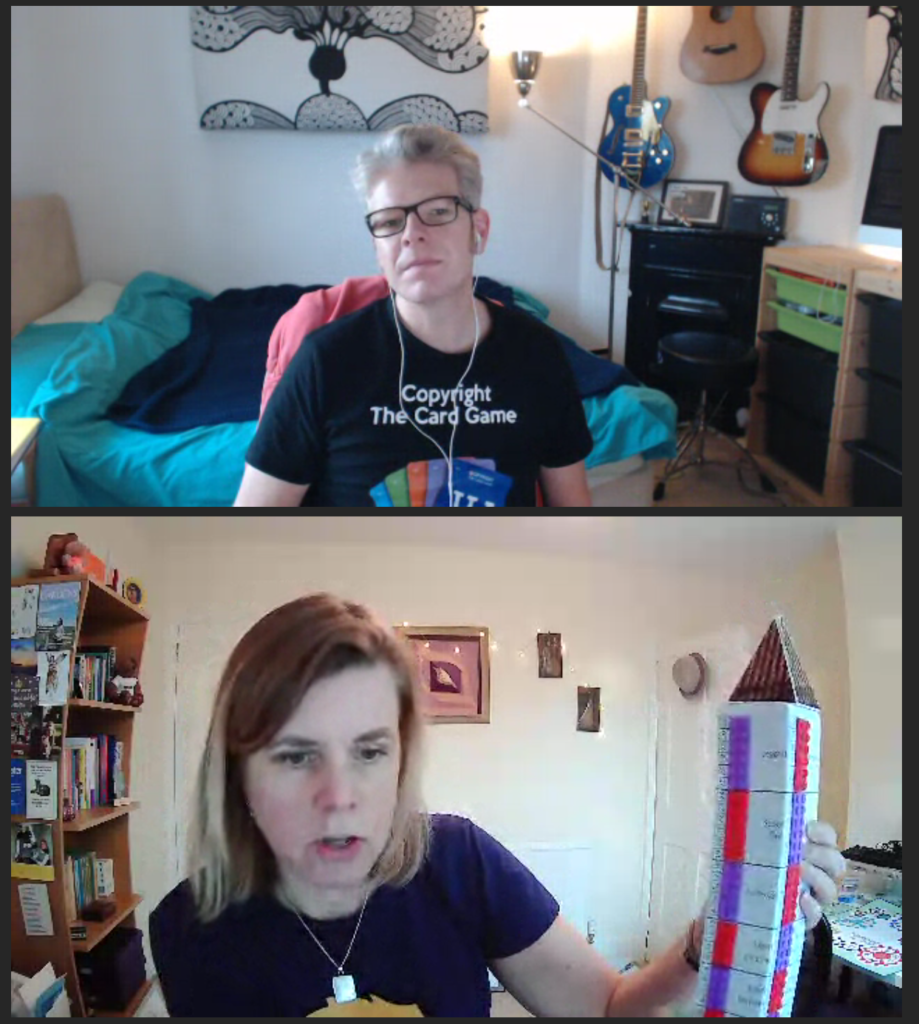
Links and comments from this session:
- “To film a board game from above, some options: – Add a “boom arm” to your tripod – Add a clamp flexible desk mount”
- Copyright the Card Game online
- Here’s a related game to explore, if you haven’t seen it: boardgamegeek.com/boardgame/3547/survival-witless
- Instant Dice: eslkidsgames.com/classroom-dice
- I’ve just published a paper about dialogic learning and game mechanics which support it: radar.gsa.ac.uk/7343
- “The problem with big things in the board like that is that while they are attractive and eye catching, they block view of the board and get in the way. Everdell has a great big tree that is great to see, but gets in the way.”
- Flipity Badge Tracker
- “Miro or Jamboard might work to track simple decisions in a way that’s closer to your original board”
- “Don’t get stuck in the trap of not being able to let things go in game design. I use the analogy of the monkey with his paw trapped in the walnut jar because he wouldn’t let go of the nut – you can get stuck in game design hanging on to something because you don’t want to let it go, even if it is hampering you.”
We ended the day with Katie Piatt’s Friday afternoon puzzle challenge – thinking about how we can create education puzzles to use in escape rooms and teaching. But no spoilers here about what happened, as Katie will be sharing the best puzzles on Twitter as we approach the holiday break.
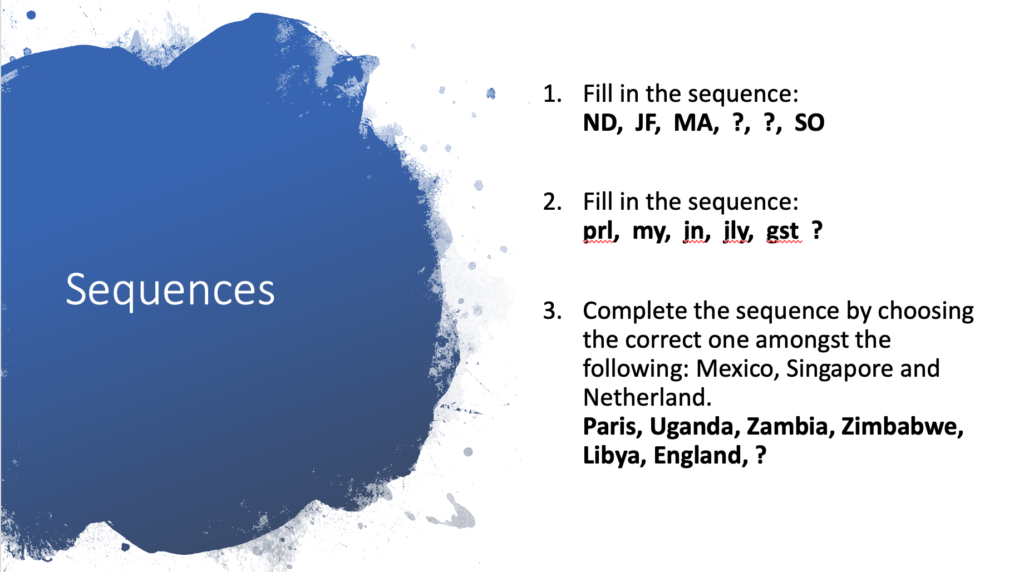
Links and comments from this session:
- We failed to have a goat join this session – but we tried! cronkshawfoldfarm.co.uk/goatsonzoom
- Spot the difference with Goats: thingsesque.com/goat-difference-spot (it’s hard!)
- MI5 puzzles: mi5.gov.uk/careers/quizzes
- “It’s like the technology overhead though -you don’t want the puzzle solving process to be too frustrating and take away from the satisfaction of getting the answer”
- Create convincing newspaper clippings: fodey.com/generators/newspaper/snippet.asp
Downtime
In the gaps between sessions, as always, we played! This time we had a wordsearch, a design-your-own-bingo board and a describe-your-week in 3 emojis challenge:
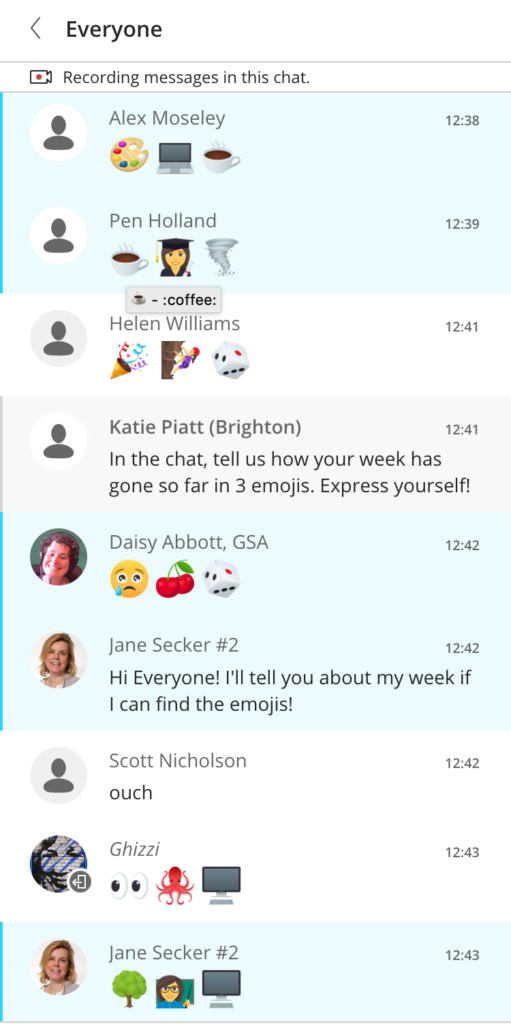
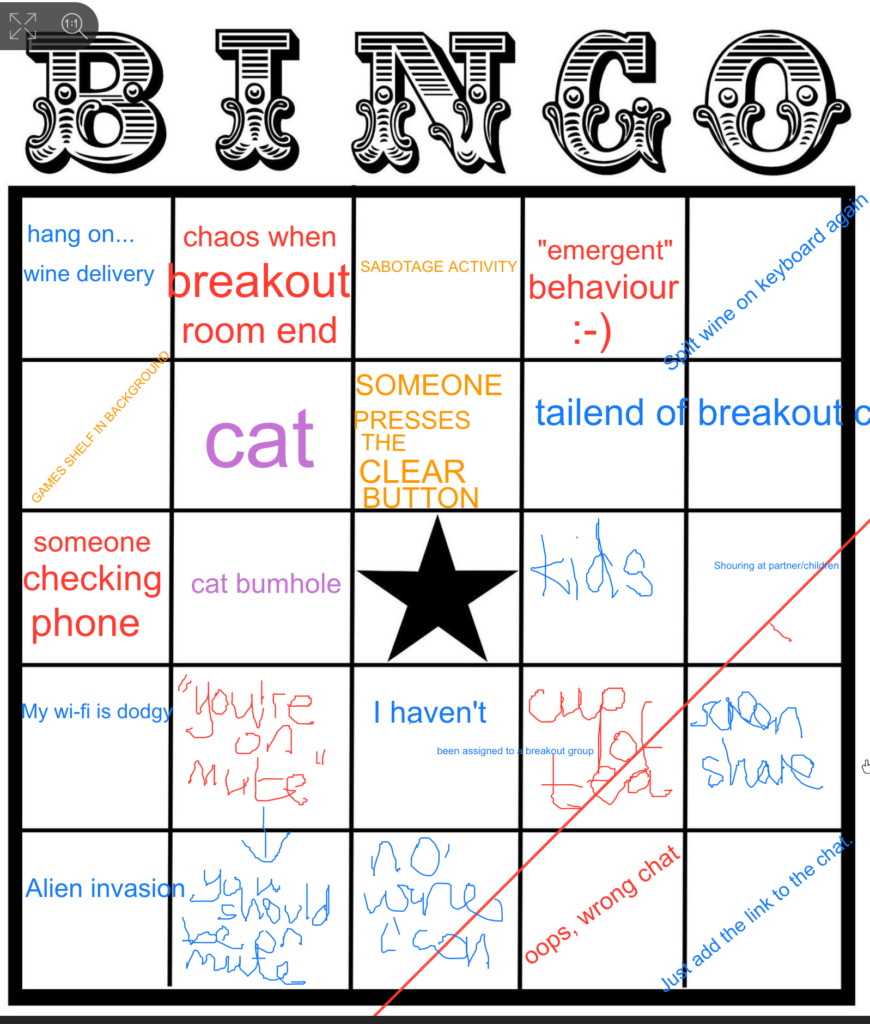
Thanks to everyone who presented, attended or just dropped in to see what we are up to! We’d love to hear what you thought of the event and how we can provide more opportunities for you to get involved with the PLA.


